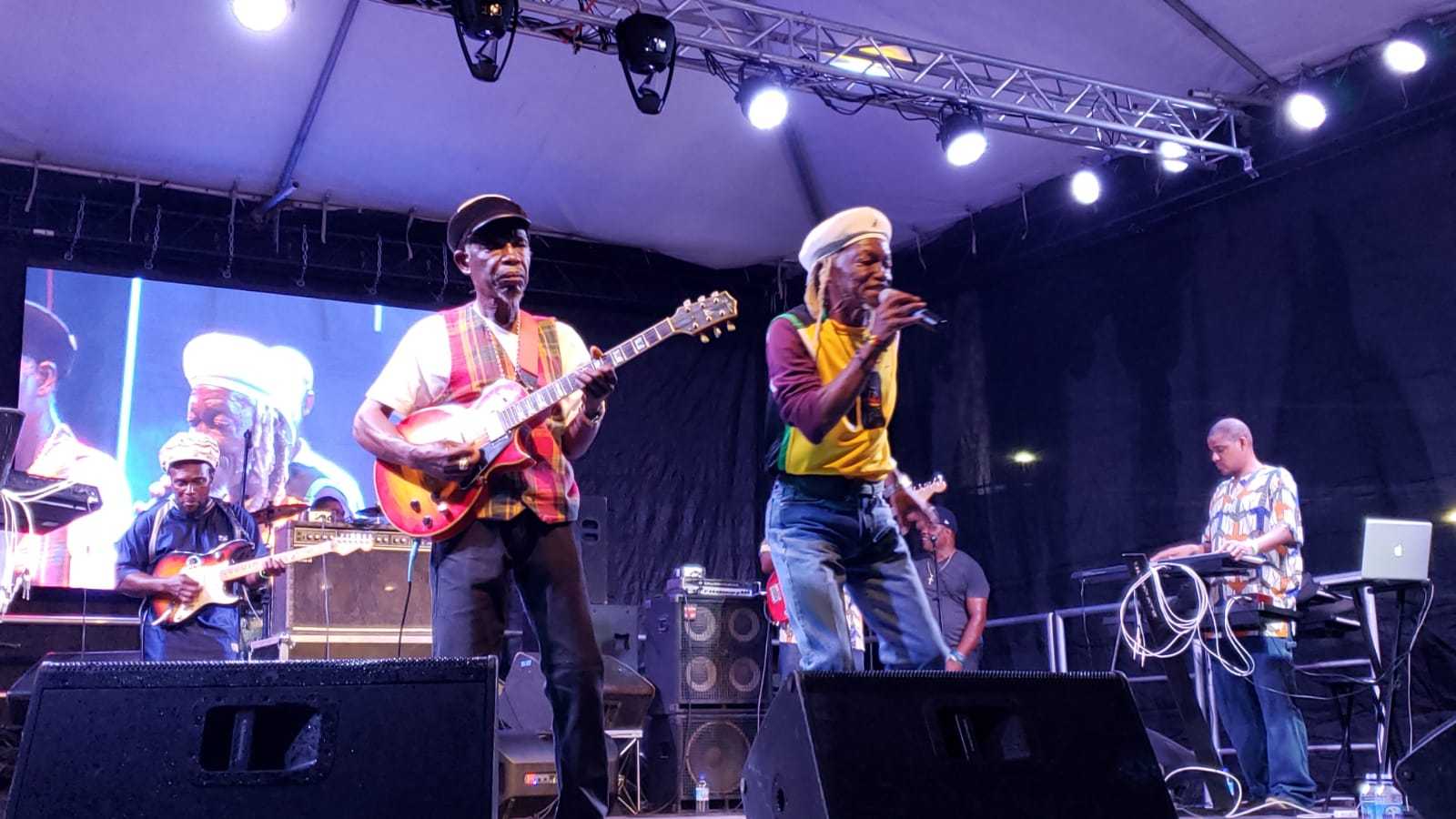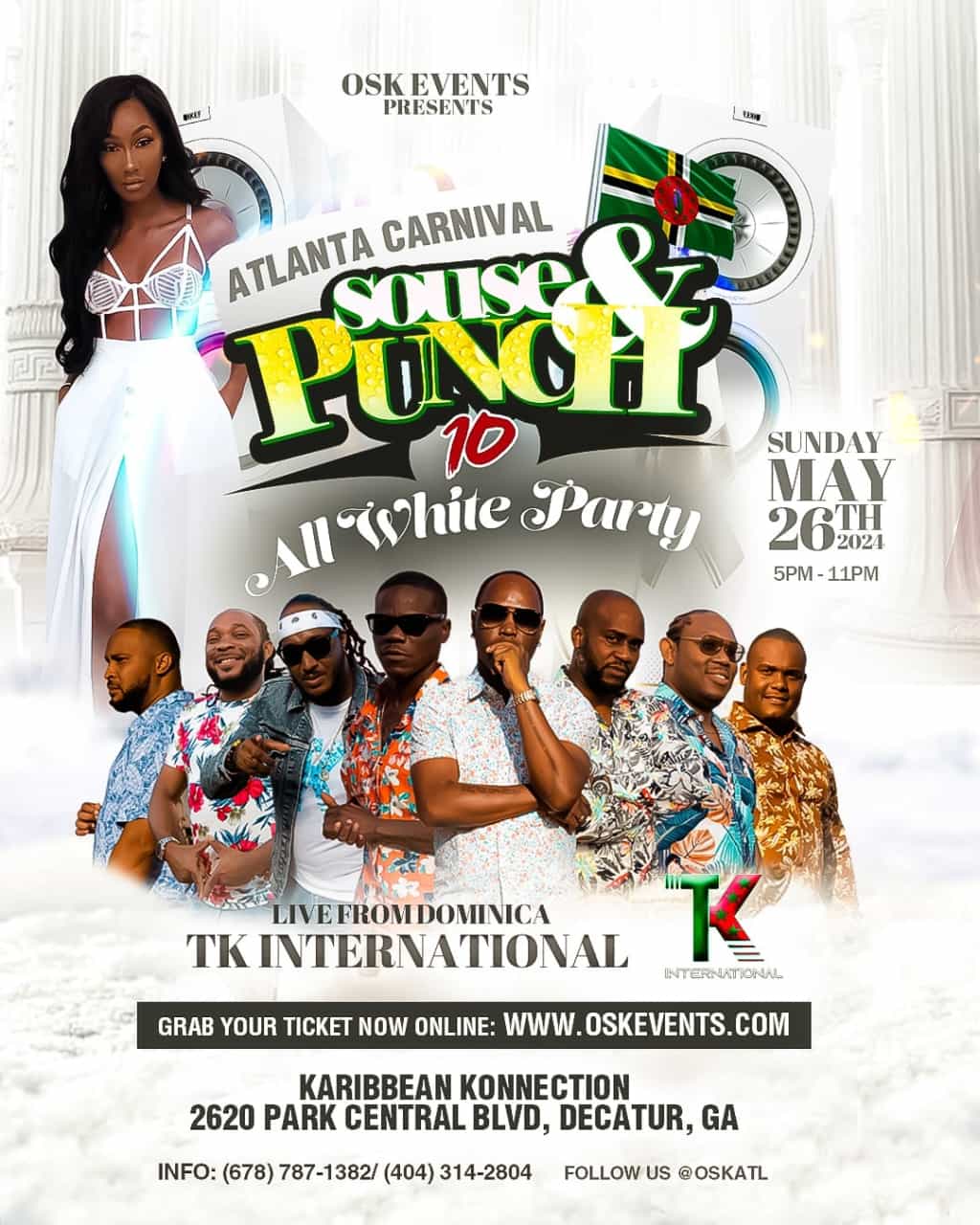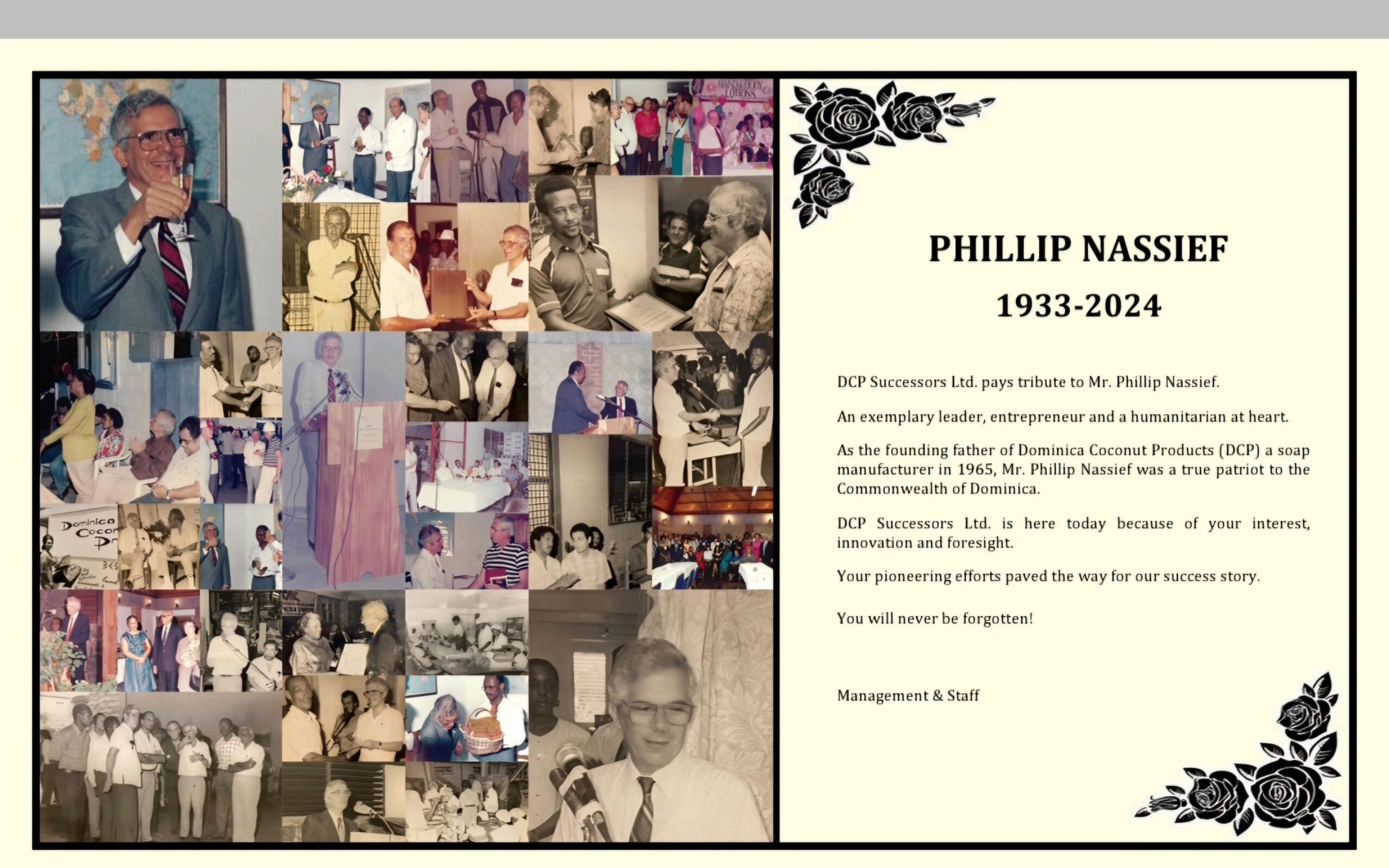
It was a bit of a history class, at the Papa Creole Awards Show as Gregory ‘Woch la’ Rabess and Alex Bruno spoke of the emergence of Cadence- lypso and Bouyon on the music scene and how these cemented Dominica’s place in music history. These two are credited to have studied the contribution of Dominican artists and musicians in the Cadence-lypso and Bouyon era. Dominica’s contribution to music, according to them has been well documented.
“It is well documented, though it may not be known here (in Dominica), says Rabess, referring to the fact that cadence-lypso and Bouyon has influenced other types of genre including Zouk and Soca, throughout the Caribbean and even all the way to Africa.
While giving a brief history of the emergence of the cadence-lypso genre, Rabess said that during the 60’s and 70’s, while Dominica was going through a period of change from being a colony to becoming an independent nation, there was a need for the creation of new music. At that time, new institutions such as the Dominica Social Security and the Dominica National Bank were being created as part of our nation building process and as such Cadence-lypso was created as the music of our independent nation. The emerging music, according to him, was influenced by global trends and grew out of the independence, black consciousness movement. He mentioned the 1972 Afro- calypso hit ‘Dont bite the hands that feed you as an example of this move.
According to Bruno, Dominica’s location in the Caribbean island chain has enabled her to make a major contribution to music throughout the Caribbean and the World by extension. He says, “(Dominica) has contributed to music more than any single nation in the Caribbean” in terms of “foundational music and fusing musical genres to make different music”. He encouraged all to study our artists, musicians, politicians, and professionals to document what is uniquely ours and that might lead us to see that we have a lot to “fight for and even to die for”.
Rabess says that Cadence-lypso groups such as Midnight Groovers, Grammacks, Exile One and the like, who toured the French West Indies changed the music landscape bringing what is termed as ‘showbiz’ to the industry- laying a platform for music, business, and entertainment.
Rabess goes on to say that Bouyon grew out of cadence-lypso in the 80’s set in a post-independent Dominica. The Bouyon artists were mixing the traditional ‘jing ping’ and ‘bele’ music with a carnival feel and as such were at the “forefront of change”.
It was an emotional time as awards were given and gratitude shown for the pioneering work of the awardees. (Some of the awards were sponsored by Emile Serrant of the South Florida Association while others were by the Sign Man) Mention were made of those who have passed, in the persons of Tony Valmond and Jeff Joseph, but whose contribution cannot be forgotten.
Many of the awardees have been making Cadence-lypso and Bouyon music for over 40 years. Marcel ‘Co’ Mark of Midnight Groovers -dubbed the kings of Cadence-lypso has been making music for 57 years beginning at the tender age of 14 in a group called Embers, while Gordon Henderson from Exile One- dubbed the creators of Cadence-lypso- has been in the business for 50 years. Also mentioned were Swinging Stars and all the original members of WCK -dubbed the pioneers of Bouyon Music.
Leroy ‘Wadico, Wadix’ Charles was also recognized for his contribution in collecting, promoting and developing the Cadence-lypso and Bouyon genre.
One could almost feel the mutual admiration and gratitude that filled the room as the icons and music lovers spoke of their history, journey, colleagues and all that happened to culminate in the development of music indigenous to Dominica.
Cornell “fingers” Phillip called the ‘greatest keyboardist ever’ took the opportunity to shake the hands of his icons thanking them for their support in helping to establish his own career. Truly, one could feel the sense of appreciation for the music, our own indigenous music- the music of our political revolution.









